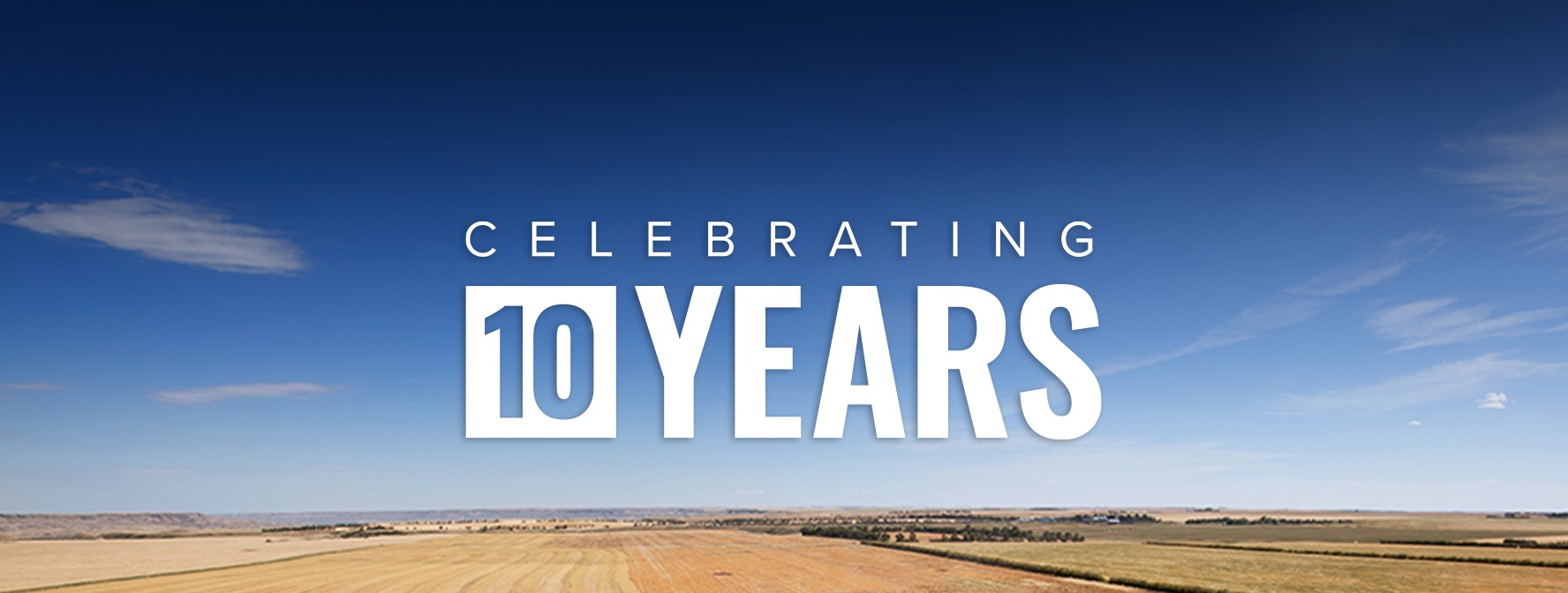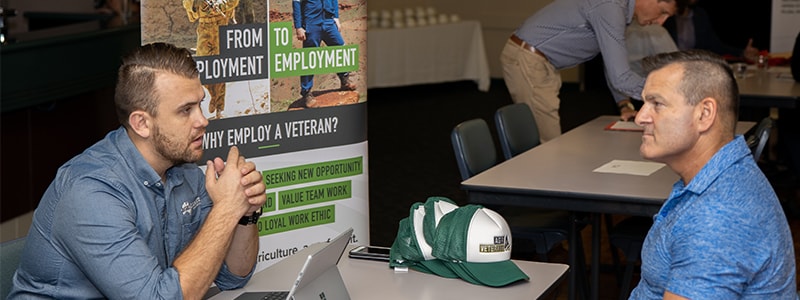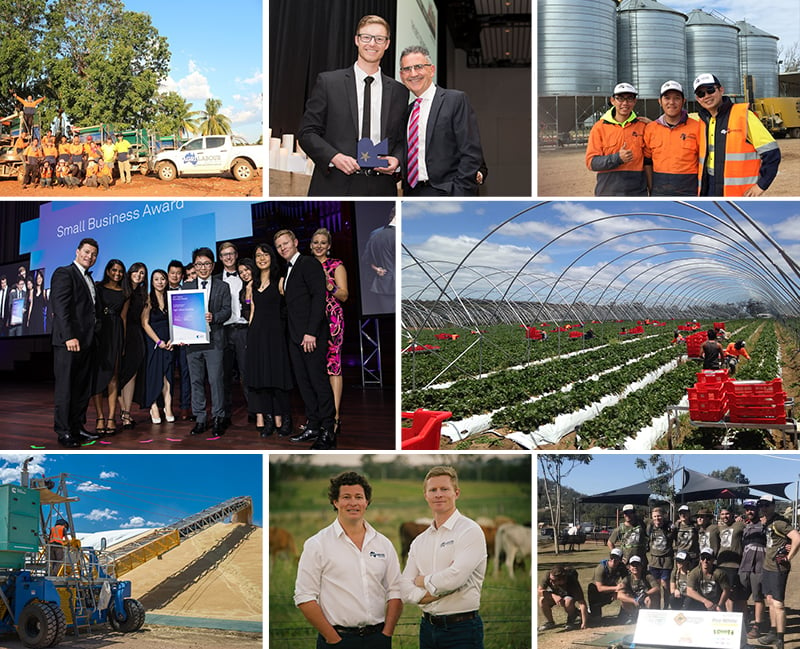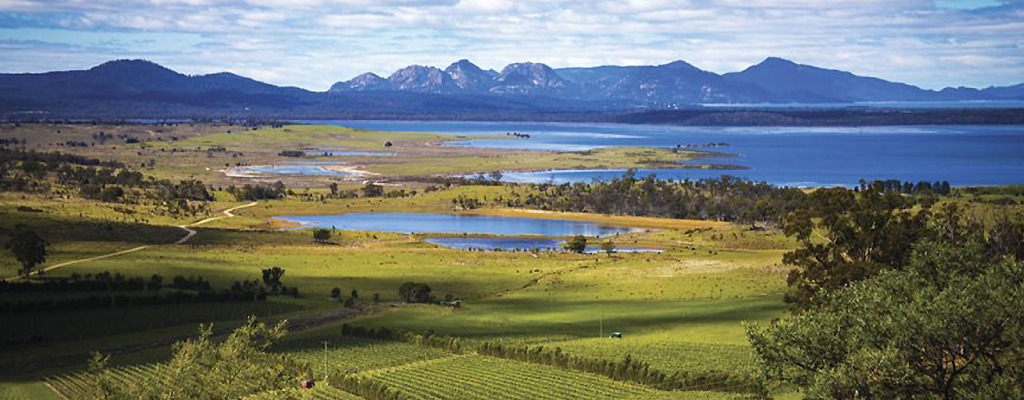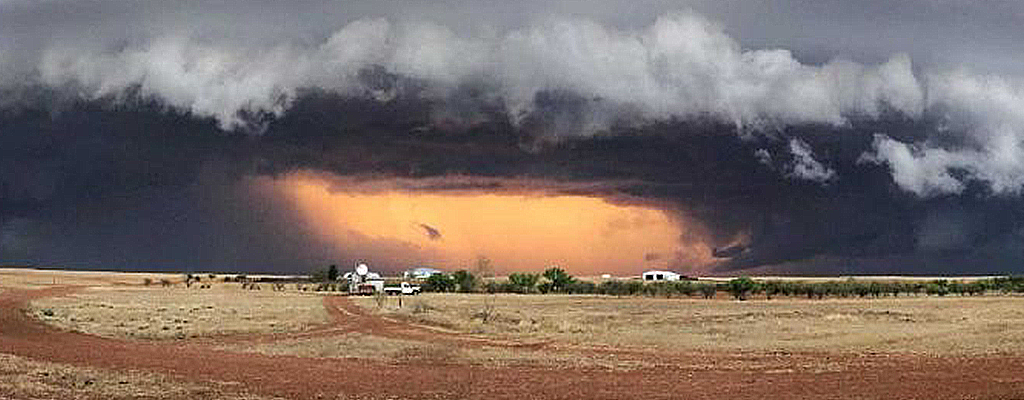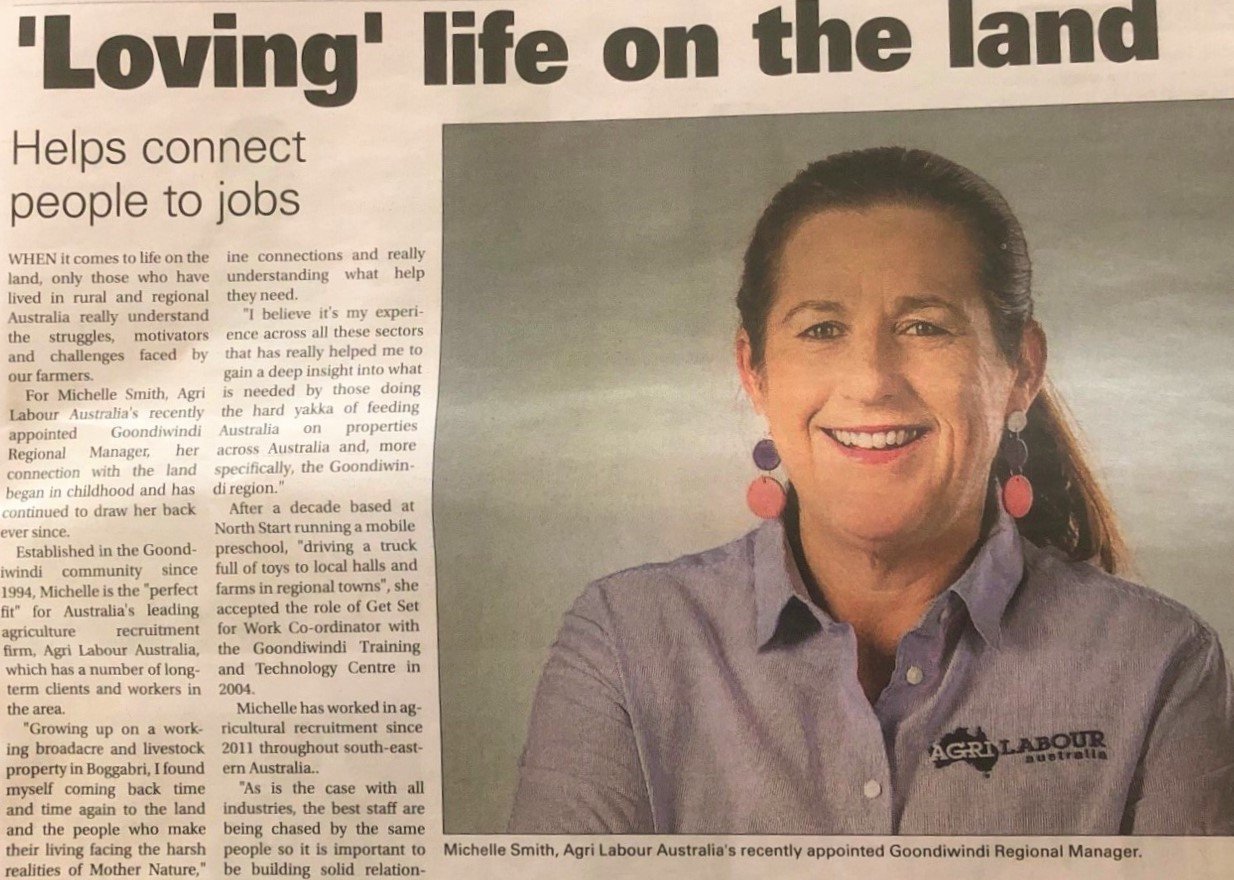As Agri Labour Australia celebrates ten years of providing reliable workforces exclusively to the agriculture industry, co-founders and brothers Casey and Luke Brown are looking back over a hugely successful decade of mud, sweat and cheers.
In the early days of Agri Labour Australia, the challenges of establishing the business weren’t just operational and financial – they were sometimes physical, too. We still vividly remember Luke driving between remote business meetings in a battered old Hilux with no air con. Having to take back-to-back phone meetings in the car in order to grow the business, he couldn’t roll down the windows for the entire journey – resulting in him arriving at his destination drenched in sweat and decidedly less than fresh on more than one occasion.
We were born and raised in rural Goondiwindi, and a respect for the agriculture industry was instilled in us from a very young age. As country boys, we saw how extreme the agriculture industry can be – the recent drought, bushfires and floods are examples of how devastating an impact the weather can have on our farmers. Determined to support such a crucial industry, we created a company that’s grown and evolved to now be the leading labour hire agency for Australian agriculture – to date we’ve provided over 33,200 staff to 302 agricultural operations across 288 different locations.
At Agri Labour Australia, we’ve intentionally built an internal culture where every team-member appreciates how important the agriculture industry is, as well as the unique challenges it faces. With thin margins, tough conditions and many moving parts, the sector isn’t for the fainthearted, and everyone in the company understands the associated pressures. This is a stressful industry – we’re dealing with people’s livelihoods and we never forget that. It’s a hugely varied sector, and the highlights of the last decade encompass the scope of Agri Labour Australia’s reach.
In the last ten years, we’re proud to have founded Agri Veterans – a program that aims to bridge the gap between deployment and employment for Australia’s ex-servicemen and women, and lets us harness our knowledge of Australia’s agriculture industry in order to give back. We’ve also provided work opportunities for hundreds of grey nomads as they traverse the country.
Currently the agriculture sector has more jobs than Australians to fill them, and our foreign worker initiatives have been so successful that farmers are now able to go straight to foreign streams for project labour. We’ve helped refugees find employment, sanctuary and community – witnessing trauma-survivors begin to thrive as they learn new skills and integrate with local communities. We’re proud to have helped people find work who are ultimately sponsored and have the opportunity to live in our great country – settling into (and supporting the economy of) regional towns and communities throughout Australia.
Agri Labour Australia’s first mango project was a notable milestone – an undertaking that resulted in a team successfully picking 2 million mangoes by hand under extreme conditions, and saw Luke going back and forth to fetch ice for the workers. This personal, human-centred approach is an integral part of the Agri Labour Australia DNA – for us, our role has never been about simply posting a vacancy on a job-board and simply sitting back.
A less happy milestone was the recent and highly publicised issues we experienced with piece-rate payment – one of the most challenging things we’ve faced, not only as a company, but ourselves personally. The silver lining to the situation was resolving to put compliance and safety even more firmly at the centre of everything we do, and we’re now leading the industry in this respect. We’ve implemented rigorous due diligence – if clients aren’t up-to-scratch from a compliance and safety perspective, or if they don’t have the willingness to become so, we simply won’t partner with them. We’ve developed sophisticated systems to ensure every worker and client we’re involved with is compliant, and it’s become a key part of our service-offering to clients – we educate them on what they need to do and tell them how risk can be mitigated. We have aspirations to drive the most compliant, safety-focused and productive workforce in Australia, and our learnings from this turbulent period have only strengthened that resolve.
In an industry in which a handshake still holds huge weight, the future of Agri Labour Australia will see us combine new innovation, technology and processes with the old-fashioned values that underpin everything we do. Embracing data and technology will enable us to become even more efficient, with deeper client engagement that aligns with our values, and the systems and processes we’re continually fine-tuning will help us manage the quality we’re known for as we continue to grow. On top of our mission to educate the industry around compliance and safety, we’re committed to improving the sector as a whole, as well as showcasing the clients we work with.
A decade down the road, Agri Labour Australia is so much more than labour hire – we partner with our clients to get their job done. Our reputation for excellence is such that clients now engage us to manage more than just people – our team provides training and onboarding, and helps ensure companies meet standards and compliance. Agriculture as an industry is one of huge extremes – of weather, of trade and of swiftly-changing political landscapes. At Agri Labour Australia we firmly believe that the more the industry can unite and collaborate, the stronger it is when those inevitable situations arise – and subsequently, the more prosperous it can become.

